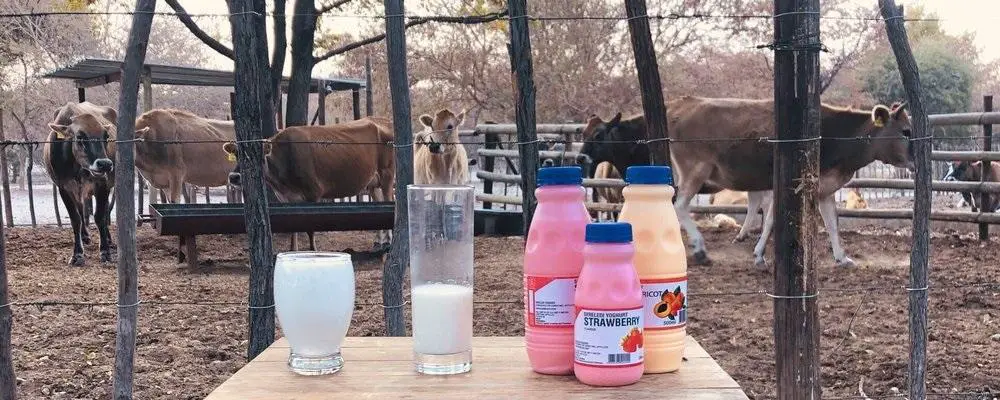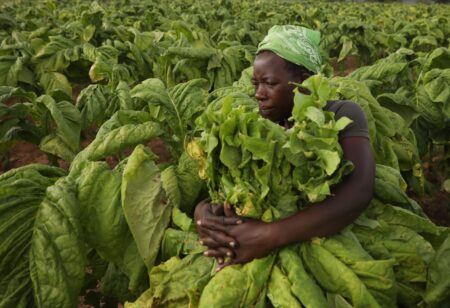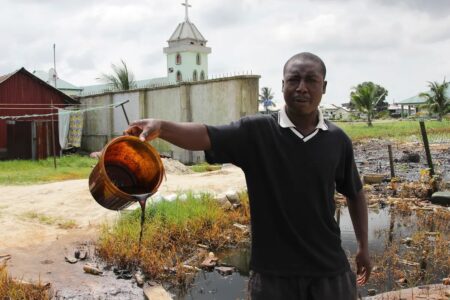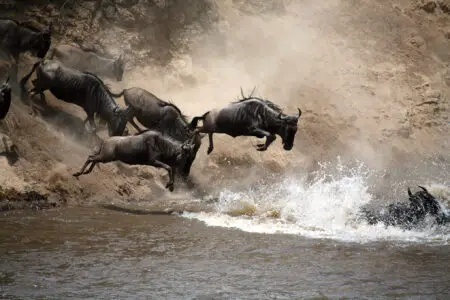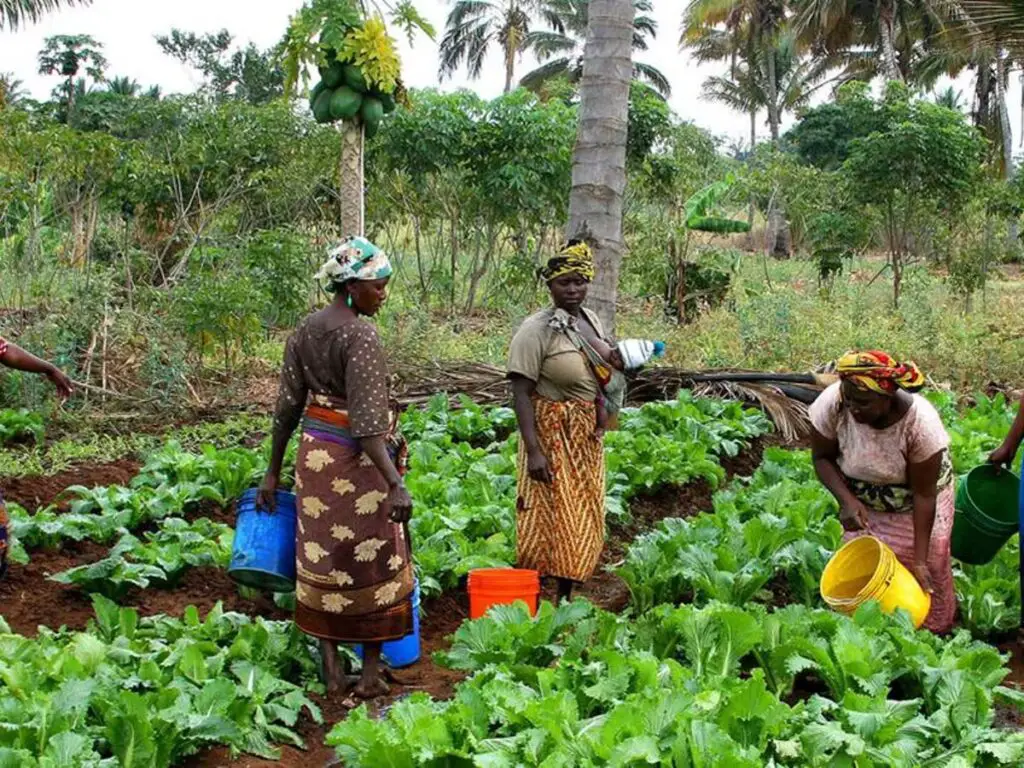African women are known as the pillars of the continent’s economic wellbeing due to their input in the agricultural sector.
According to the International Food Policy Research Institute (IFPRI), more than 60 per cent of all employed women in Africa south of the Sahara work in agriculture.
Continent-wide, there are approximately 249 million women keeping livestock which represents a major source of income and an opportunity for wealth accumulation.
Read: Attractive investment opportunities for dairy industry in Tanzania
Unlike owning property, purchasing land or managing other physical or financial assets, livestock is the only non-land asset women in most countries can own relatively easily. Culturally, women can acquire livestock through inheritance, before or during marriage and through farmer associations.
Even with the challenges confronting women in agriculture on the continent, there are a few trailblazers setting the pace in livestock production and value addition.
And these women are at a better position now since the Food and Agriculture Organisation (FAO) estimates that beef and pork consumption on the continent will increase 200 per cent between 2015 and 2050, while poultry consumption will grow by 211 per cent within the same period.
With –this growth, there are investment opportunities in Africa across the meat value chain including abattoirs, feed production, transport and equipment.
Here are four women featured in the Malabo Montpellier Panel report released this month and titled, “Meat, Milk & More: Policy innovations to shepherd inclusive and sustainable livestock systems in Africa.”
Among the women leading the way is Senegal’s Anta Babacar Ngom who is the Executive Director of SEDIMA Group. The group is Senegal’s leading poultry production group which was established in 1976 by her father.
According to the Panel, Sedima Group is a vertically integrated poultry business, consisting of feed mills, hatcheries, breeding farms and an abattoir. Babacar Ngom took over the business from her father in 2009 and became the Executive Director in 2016.
She has since then steered the company’s diversification and expansion into the Democratic Republic of Congo (DRC), Equatorial Guinea and Mali.
In January 2017, the company invested US$ 29 million in a highly automated processing plant, where all the activities from live-bird handling to electrical stunning, scalding, de-feathering, evisceration, water chilling, and grading are carried out.
The company directly employs 780 people at the plant which has the capacity to process up to 6,000 birds per hour.
Sedima’s processing plant also feeds directly into two KFC restaurants in Dakar, with -who Sedima has a national franchise agreement.
In Mauritania, Tiviski, Africa’s first camel milk dairy produces over 20 different products out of camel, cow, and goat milk. The dairy was established by engineer and entrepreneur Nancy Abeid Arahamane in 1989. The dairy was established by engineer and entrepreneur Nancy Abeid Arahamane in 1989.
Based in Nouakchott, nomadic pastoralists deliver milk which is collected at three collection centres. The dairy’s products are sold at supermarkets and numerous small shops in the capital city.
As it grows its range of products, Tiviski is looking to export camel cheese to European markets once regulatory hurdles are addressed.
The company controls more than half of – Mauritanian pasteurized milk market having hit this milestone in 2016. Tiviski processes milk from over 2,000 livestock herders from across the Mauritania Sahara, 15 per cent of whom are women. With over 200 direct jobs at the dairies, the company allocates all the opportunities to Mauritanians.
Read: Investors flock Uganda’s Dairy farming industry
Another venture dealing with milk is Lopey Inc and the Sereledi dairy brands in Ngamiland, northwestern Botswana. Founded by Nonny Penelope Wright in 2013, the company has extended across the value chain and subsidiary value chains into milk processing and feed production to create a sustainable and successful social enterprise.
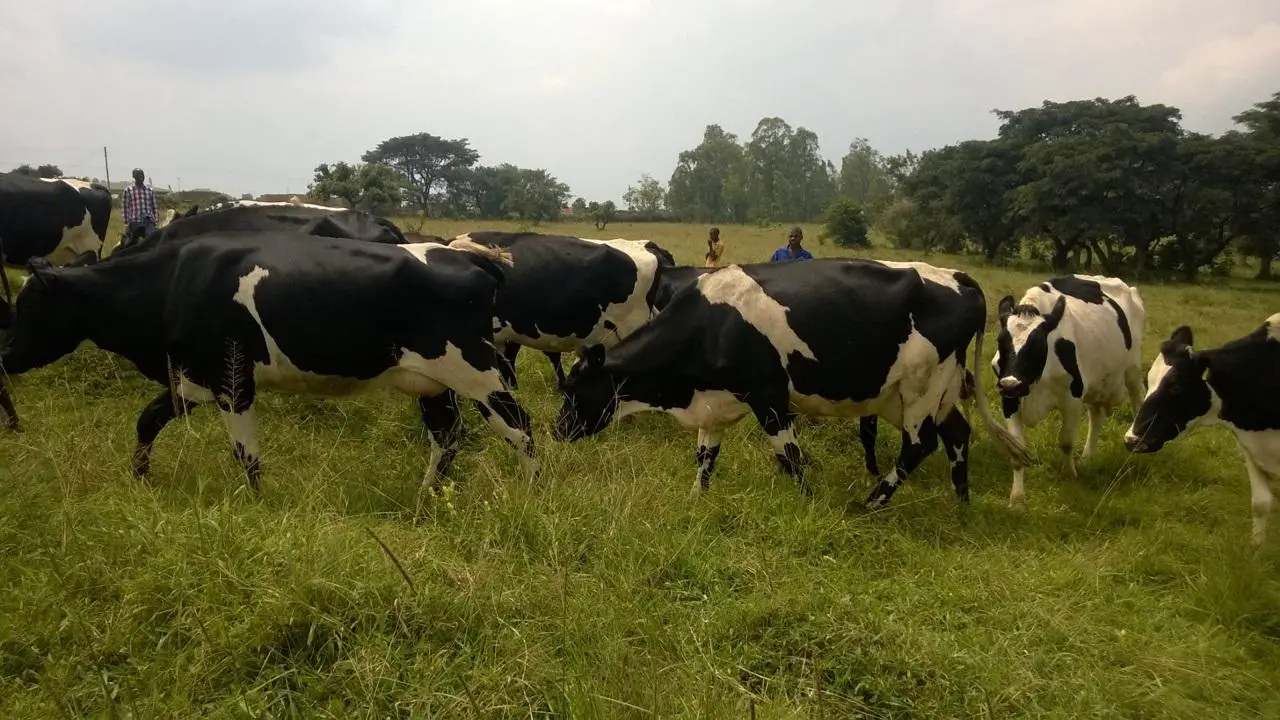
The milk is produced by a herd of Jersey, Holstein and Ayrshire cows at Wright’s Sereledi Farm. To ensure that the dairy cow herd continues growing, the cows are artificially inseminated using female sexed semen. As a result, the size of her herd had grown six-fold in just five years, from only 10 cows in 2014 to over 60 in 2019.
In addition, to maintain high levels of milk yield, Wright purchased an irrigated farm to produce high-quality feed continuously. Wright also supplements the feed of her cows – especially during the dry seasons – with silage from her maize fields and store-bought supplies. She benefits from government-subsidized veterinary services. To foster other young Botswana women to get involved in agribusinesses, Ms Wright launched the Sereledi Young Women in Farming Competition in 2016, personally donating the winning prize of BWP 10,000.
For pork lovers, Anna Phosa founded the Dreamland piggery in South Africa. The multi-million-rand family-operated farm started with an initial personal investment of US$ 100 to buy 4 pigs in 2004.
Phosa has successfully grown the operation to include feed production and a purchase contract from South Africa’s second-largest supermarket chains, Pick n’ Pay.
A small piece of land provided to her by the Department of Agriculture provided a strong boost to transition from a backyard producer to a commercial producer of pigs. Her first contract with -a retailer required only the supply of 10 pigs per week. This doubled and then quintupled in just two years by 2010, -valuing the deal at R25 million (approximately US$ 1.9 million).
It was this contract that enabled her to unlock funding from ABSA Bank and USAID in 2011 to buy a 350-hectare farm property where she produces maize to feed the pigs. By 2016, Phosa was contracted to supply 300-350 pigs a week, from her own farm and from other local farmers.
She also secured a separate contract in 2018 to supply 50 pigs per week to MassMart, the second-largest distributor of consumer goods on the continent. Dreamland piggery employs 40 permanent staff and 10 seasonal workers, most of whom are youth from nearby farms and informal settlements.
Another dairy venture is by Azieb Tsegay from Eritrea.
As one of the biggest private dairy farms in Eritrea, the venture began as a poultry farm in 2001 but the bird flu epidemic in 2007 forced Tsegay to divert into dairy farming. With guidance from the Ministry of Agriculture, Tsegayestablished her dairy farm in Halhale, North West of Asmara.
She has grown her herd from an initial investment of only two cows to over 100 cows, producing 700 litres of milk per day and collecting 3000-4000 litres from surrounding farms.
The farm employs 30 labourers.
Tsegay’sdairy produces yoghurt, butters (traditional herbed flavours, and conventional varieties) and nineteen different types of soft and hard cheeses, including mozzarella, ricotta, fontina and grana.
To ensure continuous production of milk and dairy products, Tsegay has invested in a warehouse to store feed, processing equipment, phytosanitary measures and storage facilities. As a result, she can maintain a regular supply to her markets – while absorbing between 1500 and 4000 litres of milk per day from milk cooperatives nearby.





